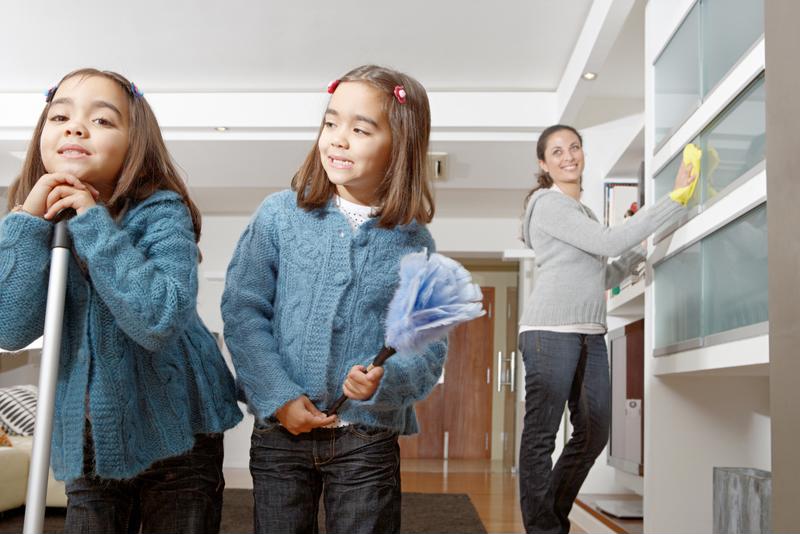Adopting a minimalist lifestyle can free you from the burden of possessions – and streamline your household cleaning chores. Whether you want to declutter for spiritual or financial reasons, or simply want more space to stretch out, consider the tips below for decluttering your home and organizing your life:
Determine what you want to get out of the minimalist lifestyle
When you get the urge to declutter, it can be quite powerful. You may want to jump up and start tossing things into a trash bag or selling all of your distracting knick-knacks. But impulsively getting rid of stuff is not an effective way to enact lasting change.
Before you grab that trash bag, ask yourself why you want to experience a minimalist lifestyle. Do you want a cleaner environment? Do you want to save money for a trip? Do you want a more serene, relaxed environment at home? Once you have a better idea of why you want to declutter and get organized, you'll be motivated to continue the practice. You don't want to get half way through your purging your stuff and run out of steam.
For some people, a minimalist lifestyle is about truly appreciating the items you own. Possessions, even things we like or that once had deep meaning for us, can become a burden over time. You're a different person than you were a decade ago - do you have the same attachment to things you bought back then?
 Before you start to tidy, make a plan and write it down.
Before you start to tidy, make a plan and write it down.
Make a plan and write it down
Once you fully understand why you want a decluttered living space, it's time to make a plan. A written, step-by-step plan can focus your efforts and help you declutter within a reasonable time frame. Or maybe a simple list of tasks works best for you, while others might find reminder apps and reward systems make decluttering easier. For instance, you could plan to throw a dinner party for your friends once your mission is complete. Or, you could save money from selling your possessions and put it toward your travel budget.
Whatever tools you use to help stick to your goal, remember that decluttering your space will take time. Depending on the size of your home and the number of possessions you own, it could take hours to weeks to get fully organized. Anyone who has turned their garage into a storage space understands just how much stuff a person can accumulate.
Enact your plan room by room
Now that you have a plan, it's time to put it into action. If your decluttering project is substantial, consider starting with one room at a time to keep from getting overwhelmed. Separate the items into several categories: keep, put in storage, sell, donate, or throw away.
Keep a list of everything you donate and get receipts from the organizations you give the items to. If you properly document these donations, you could receive a 20 percent tax credit on the first $200 worth of goods and 29 percent on donations above $200. Plus, if it's your first time donating, you could qualify for the first-time donor's tax credit, which grants you an additional 25 percent tax credit on your first $1,000 of donations.
Don't forget to declutter your digital spaces, too
Clutter in your digital life can cause the same kinds of problems and distractions as physical clutter. Once you've organized your living space, it's time to turn to your computers, tablets and smartphones.
Clearing out your email inboxes and unsubscribing to newsletters is one way to reduce the digital clutter in your daily life. You may also want to delete time-wasting games from your phone or move your personal pictures to a cloud to free up device memory. Plus, cutting down the number of notifications you receive every day can keep you from getting distracted while you're trying to be productive. Use the lessons you've learned while organizing your home, and apply them to your digital life.